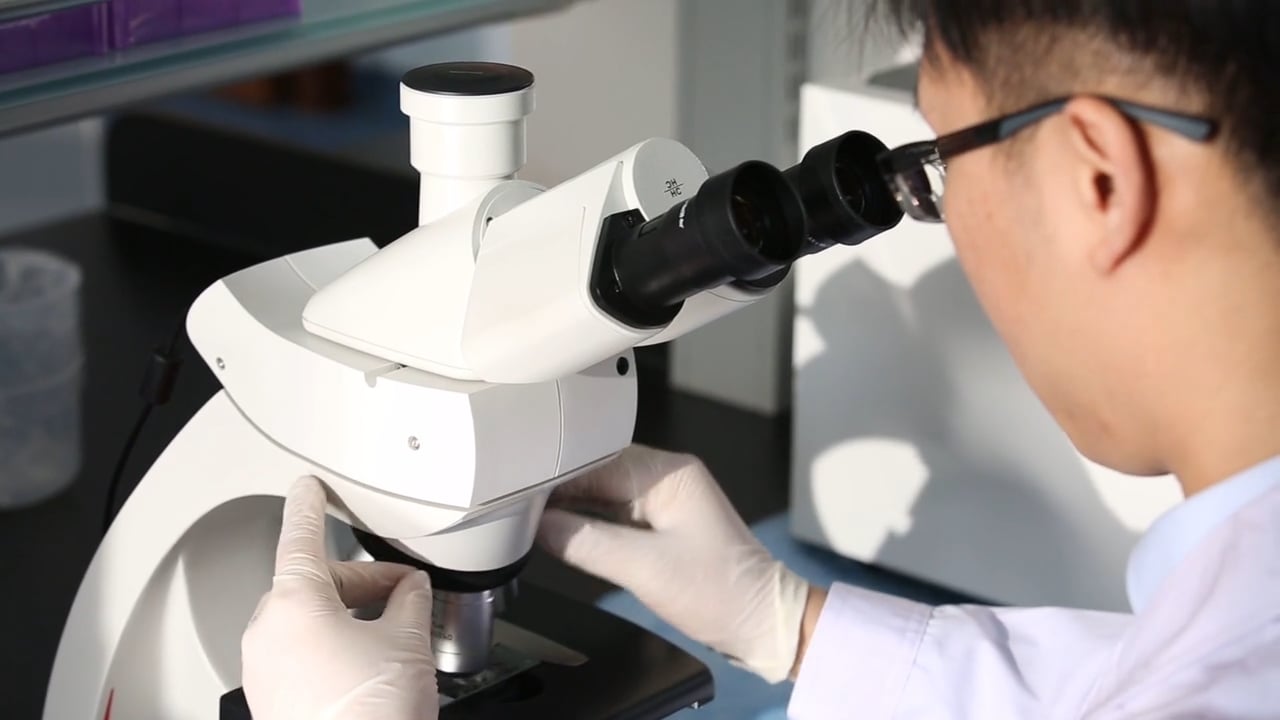Modern medicine is changing for the better, which is largely thanks to the extensive scientific research which has enabled the development of new technologies. As a result, people across the world are living longer, healthier, and happier lives. Read more about the six medical innovations transforming healthcare.
- CBD
Cannabidiol (CBD) is often used by patients as an oil, and it’s changing the lives of people living with chronic medical conditions, such as cancer and epilepsy. It’s also believed to transform almost every aspect of a person’s health, as it can improve a person’s appetite, mood, memory, motor control, reproductive health, immune function, pain perception, bone development and sleep. Unsurprisingly, many people are turning to legal dispensaries to learn more about CBD, its benefits and to order the product online.
- 3D Printing
3D printing is making it easier than ever to acquire surgical instruments or devices to be implanted into their patients. After gaining FDA approval back in 2015, 3D printing is becoming commonplace in hospitals across the globe, and many believe it will become a central tool for one-third of all surgical procedures that incorporate implanted or prosthetic devices by 2019.
- Microbiome
The microbiome is simply a community formed of trillions of bacteria, viruses, and other microbes, which help support an immune response and aid vitamin production. Human’s microbiomes change frequently with their environment. However, extensive research has increased scientists understanding between humans and their microbiomes. This newfound knowledge could therefore transform how health practitioners prevent, diagnose, and effectively treat diseases.
- Glucose Sensing Technology
Glucose sensing technology is advancing each year and is changing the management of medicine for type 2 diabetes. Finger pricks to check glucose levels could soon be a thing of the past, as a sensor could be placed beneath a diabetic’s skin in the abdomen to reduce a glucose spike. The technology can be linked to a medical device and app, so the patient, physician and caregiver can monitor the shared readings.
- Surgical 3D Visualization and Augmented Reality
Last year, ophthalmology and neurology started to experiment with 3D visual representations of patients, which have been designed to help surgeons operate more efficiently and effectively. It’s also an effective tool for medical trainees to learn the surgical practices before operating on a patient. The augmented reality glasses displayed human anatomy holographs, which could spell the end of cadaver labs and make operations safer for patients in the future.
- Gamification
Technologies are leading the way in medical advancement. Gamification may become an essential healthcare tool in the future. Those familiar with the 2016 game Pokemon Go will know the game encourages players to go outdoors and become more active. Well, these innovative games are having a big impact on the medical industry, as healthcare games are being designed to make rehabilitation games more fun for patients.
Have you benefited from any of the above innovations? Got an opinion on the above healthcare developments? Feel free to write a comment below.

